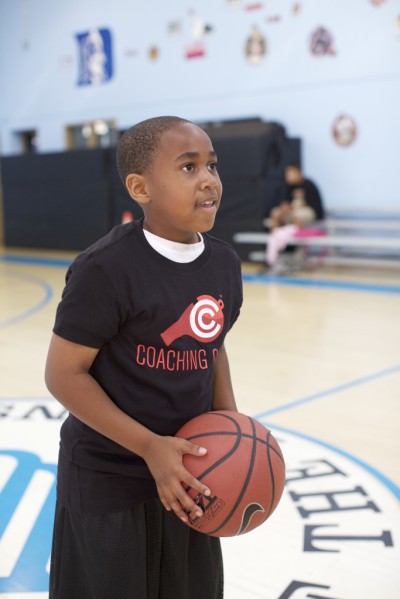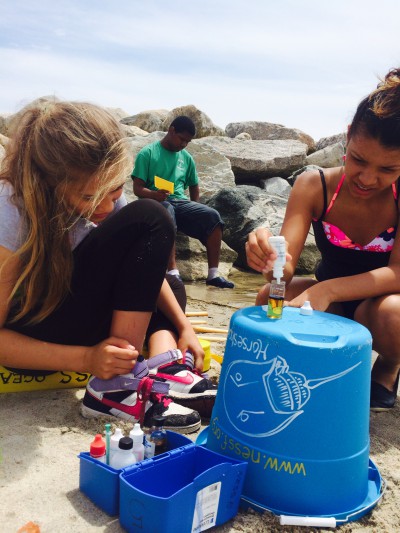Our Grants
General Criteria & Performance Measures

General Criteria
The National Recreation Foundation uses the following general criteria for evaluating proposals for projects:
- Grants must be consistent with the National Recreation Foundation mission statement.
- Grants are made only to organizations that are tax-exempt under Section 501(c)(3) of the Internal Revenue Code or to governmental agencies. Grants are not made to individuals.
- Programs that are supported should be innovative within the context in which the recipient organization operates, and should have the potential to contribute to life transformation for youth from disadvantaged circumstances.
- Programs must have leverage potential, such as matching funds, or the development of partnerships or collaborations, that will enhance a grant's effectiveness.
- Programs should be capable of being replicated in other communities or agencies. Grants can be made to facilitate such replication.
- Grant proposals should show how a program will be sustained at the end of the grant period when it becomes the exclusive responsibility of the grantee.
- Evaluation measures are required. Outcome rather than output measures are preferred and are expected for larger, Special Grants. However, the National Recreation Foundation recognizes that the costs associated with measuring outcomes (i.e. what happens to participants as a result of a program) can be constraining and not as feasible for smaller grants.

Performance Measures
As has been noted, the National Recreation Foundation places significant emphasis on performance measures to evaluate the performance of its grantees.
Typical output measures might include:
- Number of participants
- Cost per participant served
- User perceptions of service quality
- User satisfaction levels
- Exportability of the innovative program to other contexts
Typical outcome measures might include changes in:
- Physical well-being, mental health, or stress levels
- Emotional and social well-being such as self-esteem, social interaction, empathy for others, or self-confidence
- Deviant behaviors
- Life or leisure skills such as educational attainment, acquisition of knowledge, problem solving ability, or cognitive processing.
The National Recreation Foundation accepts no unsolicited proposals.
Grant applications are by invitation only.
